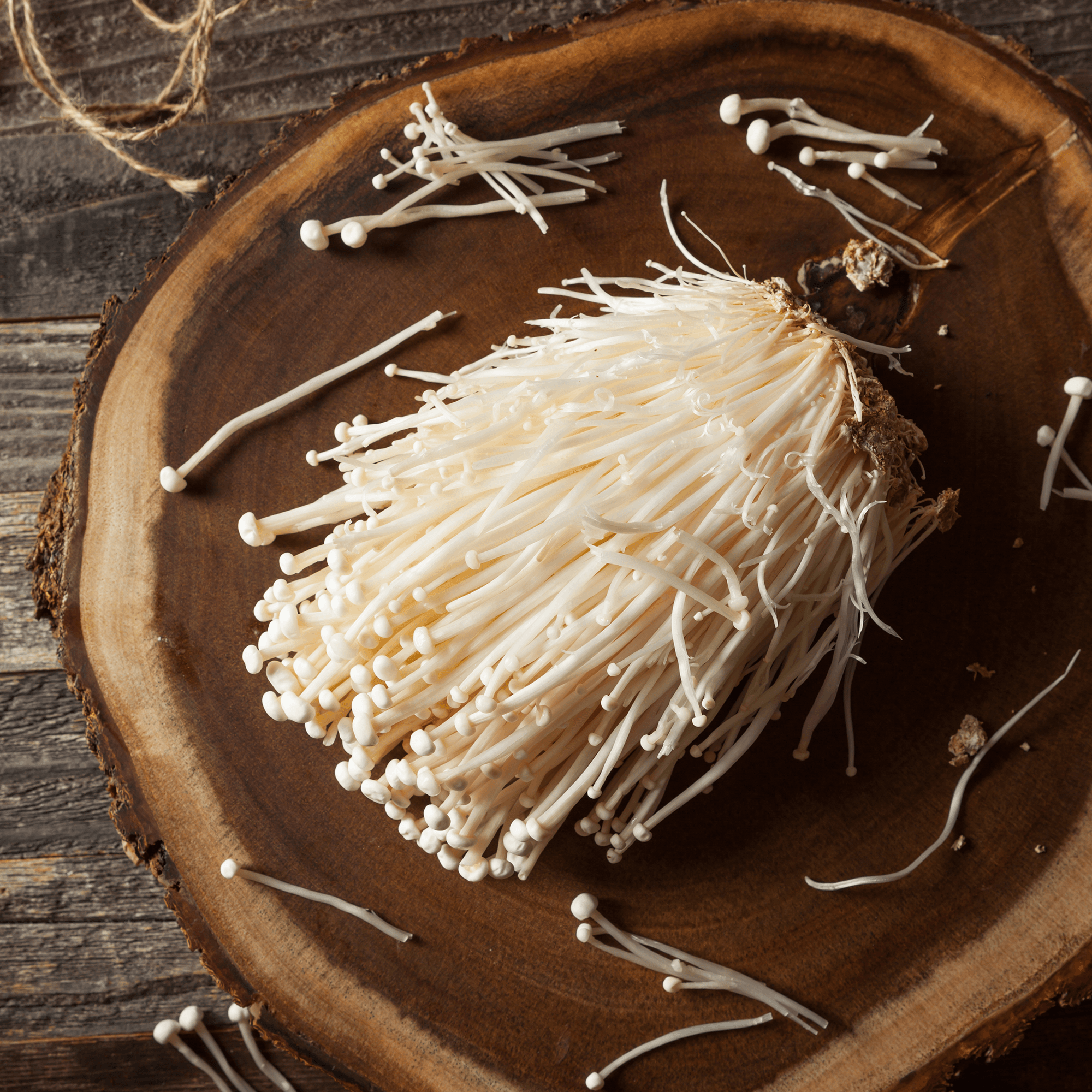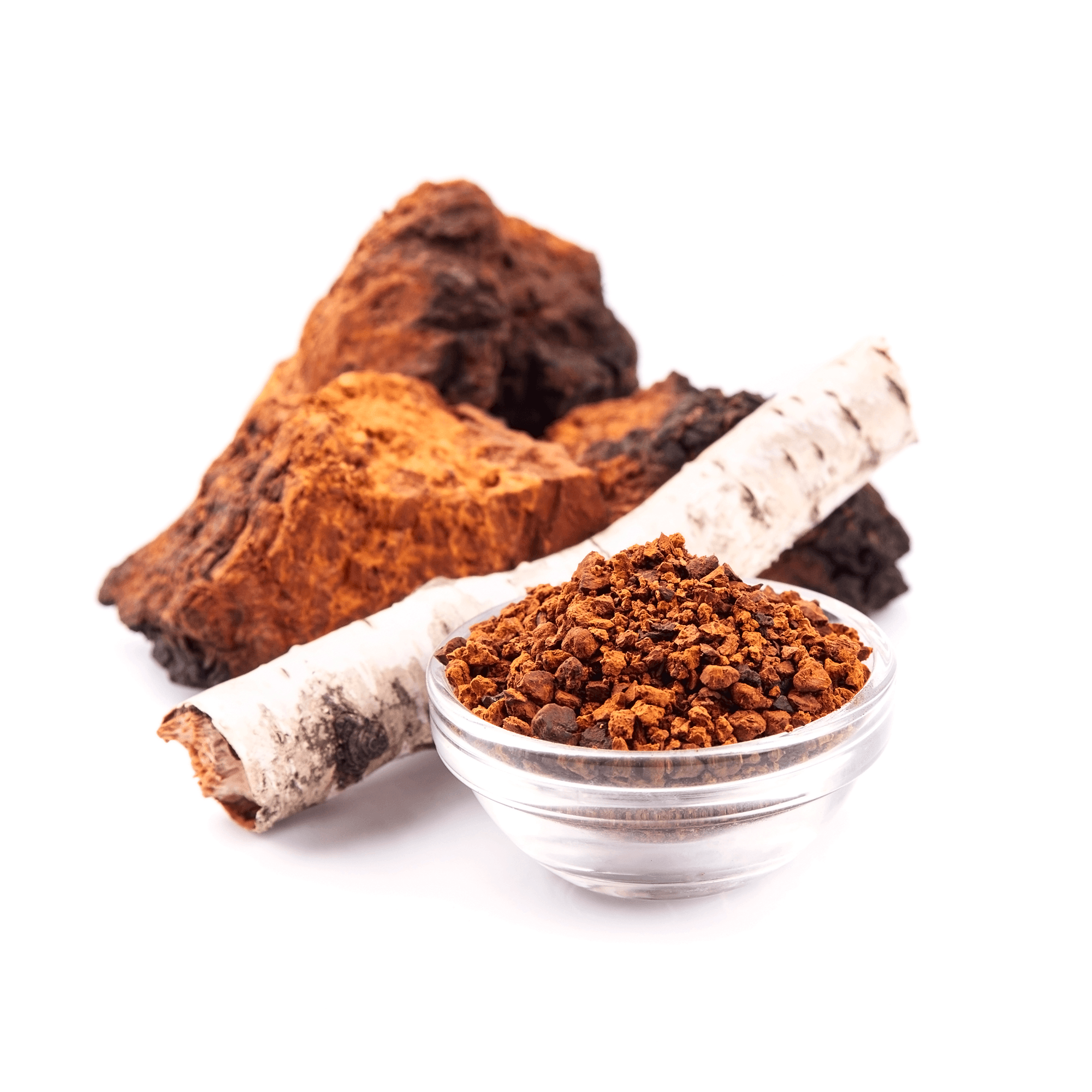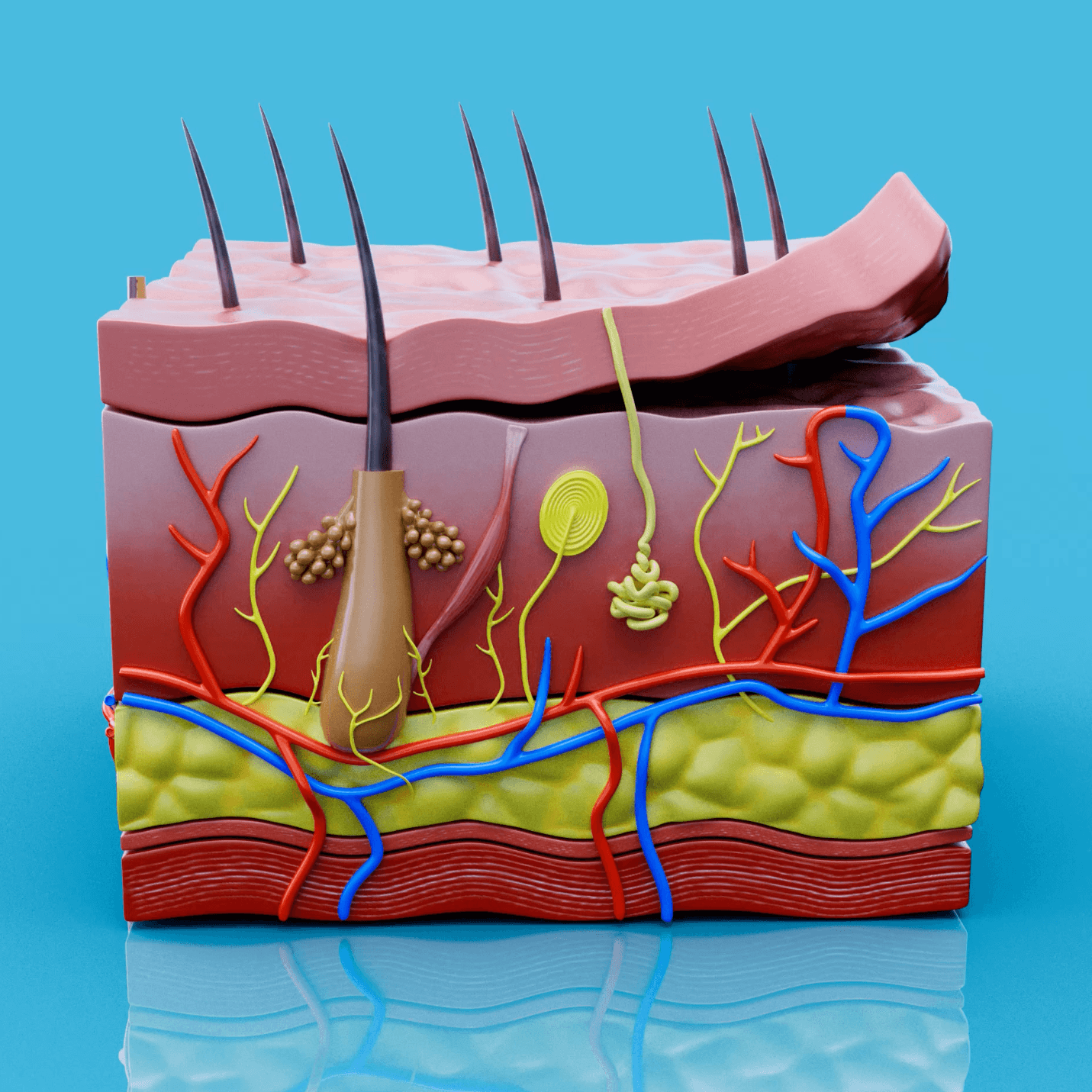Lion's Mane || A Complete Guide

A Complete Guide to Lion's Mane Mushroom
Here are five of the most common uses for Lion's Mane mushroom:
1. Brain Health: Lion's Mane is known for its nootropic properties that can enhance cognitive function and memory.
2. Nerve Growth: The mushroom supports the growth and repair of nerve cells, which can contribute to better nerve health.
3. Anti-inflammatory: Lion's Mane has potent anti-inflammatory properties that can help reduce inflammation in the body.
4. Immune Support: It can strengthen the immune system by boosting the body's defenses against infections and diseases.
5. Digestive Health: Lion's Mane may support healthy digestion and gut function due to its prebiotic properties.
What is Lion's Mane?
Lion's Mane (Hericium erinaceus) is a medicinal mushroom easily recognized by its unique appearance, resembling a white, shaggy lion's mane. It grows naturally on dying or dead hardwood trees in Northern Europe, Asia, and North America. Lion's Mane has been used for centuries in traditional Chinese medicine for its numerous health benefits, particularly for brain and nerve health.
Health Aspects
Brain Health
Lion's Mane is renowned for its cognitive benefits. Research has shown that the mushroom contains compounds like hericenones and erinacines, which can stimulate the production of nerve growth factor (NGF). NGF is a peptide that plays a crucial role in the growth, maintenance, and survival of nerve cells. By increasing NGF levels, Lion's Mane can enhance cognitive function, memory, and concentration.
These properties make Lion's Mane a popular nootropic mushroom, used by individuals looking to boost their mental sharpness and combat age-related cognitive decline.
Nerve Growth and Repair
In addition to improving cognitive function, Lion's Mane also supports the growth and repair of nerve cells. This makes it particularly useful for helping with nerve damage and neurodegenerative diseases like Alzheimer's and Parkinson's disease. Studies have indicated that Lion's Mane can help alleviate symptoms of these diseases and improve the quality of life for those affected.
Anti-inflammatory Effects
Lion's Mane has powerful anti-inflammatory properties that can help reduce inflammation in the body. Chronic inflammation is an underlying cause of many diseases, including heart disease, diabetes, and autoimmune disorders. By reducing inflammation, Lion's Mane can contribute to better overall health and well-being.
Anti-inflammatory effects of Lion's Mane may also help relieve pain and discomfort associated with inflammatory conditions like arthritis and inflammatory bowel disease.
Immune Support
Lion's Mane contains several bioactive compounds that can enhance the immune system. These compounds help activate immune cells like macrophages and natural killer cells, improving the body's ability to fight infections and diseases.
By supporting immune function, Lion's Mane can help prevent common colds and other infections, as well as improve recovery after illness.
Digestive Health
Lion's Mane may also support healthy digestion. The mushroom has prebiotic properties that can promote the growth of beneficial bacteria in the gut. This can enhance gut health, reduce digestive issues, and support a balanced gut microbiome.
Research has also shown that Lion's Mane can help protect the stomach from damage and reduce the risk of ulcers, making it a valuable addition for digestive health.
How Lion's Mane Grows
Lion's Mane grows naturally on dying or dead hardwood trees, especially oak and beech, in forests around the world. The mushroom prefers cool, temperate climates and can be found growing during the fall. Lion's Mane is a saprotroph, meaning it decomposes dead organic material and helps recycle nutrients back into the ecosystem.
Cultivating Lion's Mane has become increasingly popular, and the mushroom can be grown commercially on substrates of sawdust or other wood-based materials. This growing method allows for large-scale production of Lion's Mane sustainably.
Uses and Historical Use
Traditional Medicine
Lion's Mane has a long history of use in traditional Chinese medicine, where it is regarded as a powerful tonic for improving brain and nerve health. It has traditionally been used to treat a variety of conditions, including digestive issues, nerve damage, and cognitive decline.
In Japan, Lion's Mane has also been used to boost the immune system and improve overall health. It has been consumed in the form of tea, powder, and extracts to harness its many health benefits.
Modern Use
Today, Lion's Mane is available in various forms, including powders, tinctures, capsules, and extracts. Its popularity has increased globally due to its extensive health benefits, particularly in cognitive function and nerve health.
Lion's Mane supplements are often marketed as nootropic agents and immune support products. They are also used in dietary supplements to support digestive health and reduce inflammation.
Lion's Mane is a powerful medicinal mushroom with many health benefits, particularly for brain and nerve health. Its cognitive-enhancing, nerve-growth-supporting, and anti-inflammatory properties make it a valuable addition to both traditional and modern healthcare. By incorporating Lion's Mane into your daily routine, you can benefit from its ability to improve cognitive function, boost the immune system, and support healthy digestion.
Tips for Incorporating Lion's Mane into Your Daily Routine
- Lion's Mane Tea: Brew a cup of Lion's Mane tea using dried Lion's Mane or Lion's Mane powder. It's a simple and effective way to enjoy the mushroom's health benefits.
- Lion's Mane Supplements: Add Lion's Mane capsules or tablets to your daily diet. These are readily available and a great way to ensure you receive an adequate dose. Read more about our Lion's Mane supplement that also includes Chaga, Reishi, and Cordyceps!
- Smoothies: Add Lion's Mane powder to your morning smoothies for a cognitive boost and increased energy.
- Cooking: Incorporate Lion's Mane powder into various recipes, such as soups and stews, to enhance the nutritional content of your meals.
- Exercise: Use Lion's Mane before or after workouts to support nerve health and enhance your mental sharpness.
By integrating Lion's Mane into your lifestyle, you can naturally and effectively improve your cognitive function, nerve health, and overall well-being.




Comments